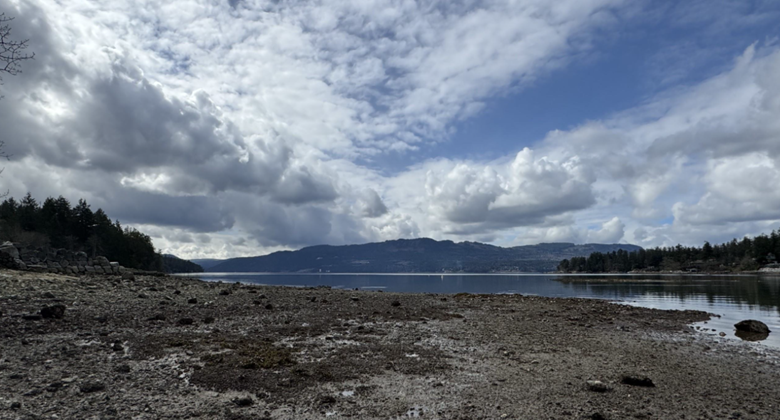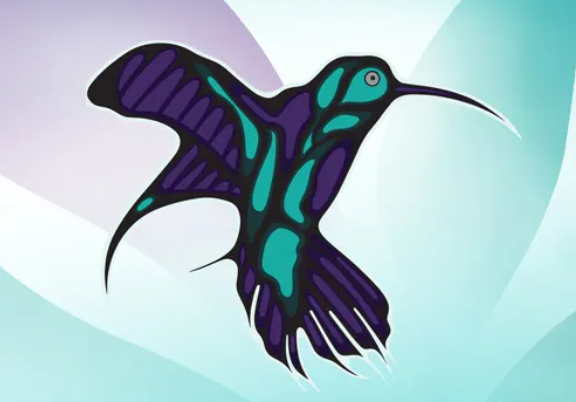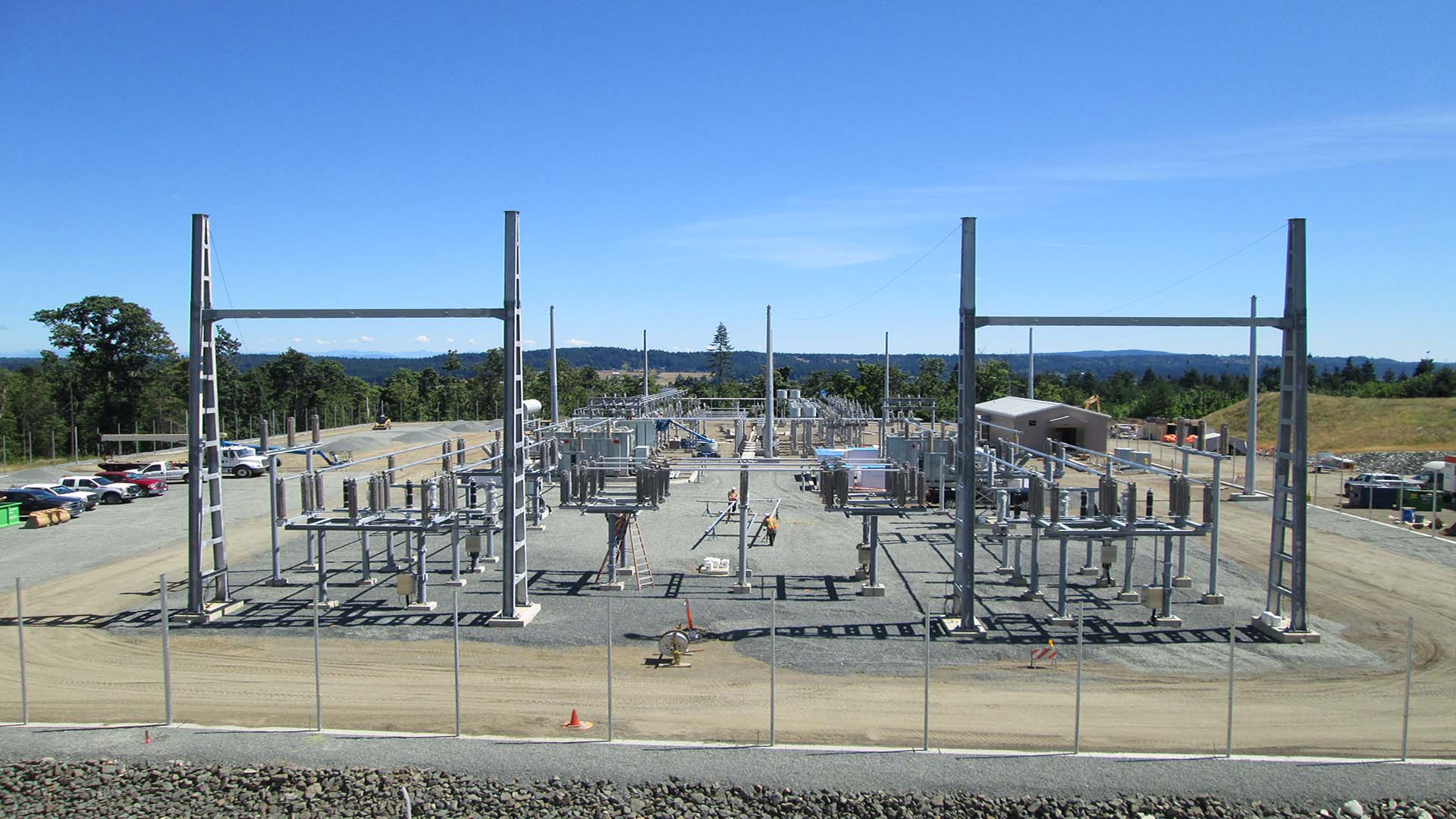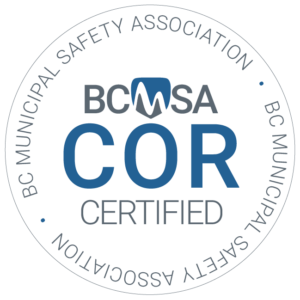Projects
Lorem ipsum dolor sit amet consectetur. Quis in ac faucibus accumsan fusce tristique nunc. Senectus auctor nisl aliquet fringilla interdum dapibus. Tristique aenean at eget non augue.
Featured project
All projects
Work with us
We aim to attract great people and to pull together the very best project teams on behalf of clients and communities. We search for those with deep technical expertise and a quality orientation, who lead with something more than their professional skills. It matters to us that TWC team members are both skilled and kind. We want our team and new hires to sense there’s something special happening here, and to feel: I’m a part of it.







